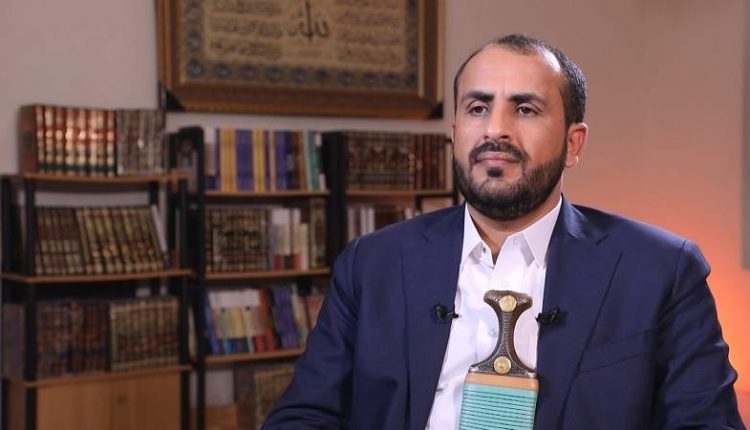Abdulsalam: Revenue Utilization, Letting Siege, Lasting Ceasefire, Necessary Steps for Peace
The head of the National Delegation, Mohammad Abdulsalam, stressed that the payment of state employees salaries, ending the siege on Sana’a airport and the port of Hodeidah, and the establishment of a ceasefire are necessary steps for real stability that the Yemeni people need.
In a tweet, Abdulsalam stated, Sunday, that these demands are the right of Yemen and not a gift from anyone.
Ministry of Foreign Affairs confirmed that the attempts of the countries leading the aggression dilute the current truce, evade the implementation of its terms and keep the country in a state of “no war and no peace”, is totally rejected and cannot be accepted.
The statement of the head of the National Delegation comes in the context of responding to the calls of extending the truce, which will expire on the second of next October.
On 21 September 2022, vice ministers and senior official representatives of the permanent five members of the United Nations Security Council and the European Union, Germany, Kuwait and Sweden, hereafter referred to as the P5+4, met to discuss concrete steps to support an extension of the truce agreed upon by the Yemeni parties until 2 October and the start of a political process to end the conflict in Yemen. The Netherlands, Oman, the Kingdom of Saudi Arabia and the United Arab Emirates participated as guests.
Recently, a UN-brokered truce in Yemen came into effect on 2 April, and for an initial two months. It was renewed for another two months in June.
The deal stipulated halting offensive military operations, including cross-border attacks, and allowing fuel-laden ships to enter Yemen’s lifeline Hodeidah port and commercial flights in and out of the airport in the capital Sana’a “to predetermined destinations in the region.”
However, in light of UN silence, the Saudi-led aggression was still obstructing flights to the Sana’a International Airport in Yemen’s capital and detaining fuel ships that were headed to the country. The fires of the aggression side did not subside along the fronts, on the borders and inside, including shelling, reconnaissance, development and crawl.
When the period specified for the military and humanitarian truce was nearing its end, the US-Saudi aggression seemed to be in a hurry to adopt the option of extending it for the third time to freeze the battle in Yemen and its economic repercussions away from global energy markets.
The forces of aggression are pushing for an extension, not out of concern for peace, but rather out of fear that the escalation will add more complications to the international scene in addition to the crisis imposed by the Russian-Ukrainian war.
A truce, the positive effects of which have not been felt by the citizens over the past months, despite its broad headlines. Commercial flights to Cairo are still stumbling until today, and the navy of aggression continues to pursue fuel ships without respect for agreements or any regard for international laws and norms.
Double standards regarding the violations of the forces of aggression and its provocative practices is a double UN policy that has brought the crisis in Yemen to its current level of misery and deprivation that has affected everyone far from justice and the realization of the rights of the Yemeni people.
The truce has been renewed for an additional two months through 2 October, UN Special Envoy for Yemen, Hans Grundberg, announced on Tuesday.
The extension includes a commitment by the Saudi-led aggression and the Salvation Government to intensify negotiations to reach an expanded agreement as soon as possible.

